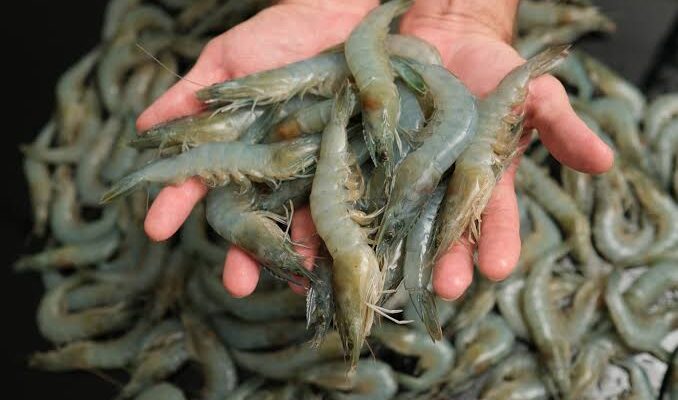Shrimp Concerns Shift From Thailand to India: Ethical and Sustainable Sourcing in Focus
The global appetite for shrimp has created a complex issue – balancing affordability with ethical and sustainable practices. While Thailand was once the poster child for these concerns, a new report by the Corporate Accountability Lab (CAL) shines a light on the rise of India’s shrimp industry and the potential issues it presents. India’s Rise and Mirrored Problems: India’s shrimp industry is a recent phenomenon, fueled by the introduction of whiteleg shrimp in 2009. This surge has come at a cost, mirroring the problems that plagued Thailand. CAL’s report, “Hidden Harvest,” reveals potential labor abuses, environmental damage, and the limitations of current certification programs. Labor Abuses a Recurring Theme: The report highlights concerning labor practices in India’s shrimp sector. Long hours, low wages, and unsafe working conditions are common. The system of outsourcing processing to small, unregistered facilities raises red flags for forced labor and exploitation, particularly of vulnerable populations. Environmental Impact a Growing Concern: Modern aquaculture can have significant environmental consequences. India’s shrimp industry is no exception. The construction of shrimp ponds has led to widespread mangrove destruction, impacting biodiversity and coastal protection. Additionally, runoff from these farms contaminates water sources and contributes to antibiotic resistance. Third-Party Certifications Under Scrutiny: The report questions the effectiveness of current third-party certification programs like Best Aquaculture Practices (BAP) and the Aquaculture Stewardship Council (ASC). CAL suggests these certifications might not be adequately detecting or preventing abuses. A Call for Change: The report proposes a multi-pronged approach to address these issues. Major seafood buyers, including retailers and restaurants, need to re-evaluate their sourcing practices. Direct employment of workers with proper documentation and fair wages is crucial. Collaboration with worker-led organizations and enforceable agreements guaranteeing fair treatment are vital steps. Government Action Needed: Governments also have a role to play. India needs to enforce existing labor laws and strengthen regulations to effectively monitor the industry. The U.S. government can play a part by initiating trade investigations and strengthening traceability programs. Additionally, including Indian shrimp on the Department of Labor’s list of goods produced with forced labor would put pressure on the industry to clean up its act. The Future of Sustainable Shrimp: The race to the bottom for cheap shrimp is unsustainable. Consumers and industry players alike need to prioritize ethical and sustainable sourcing practices. Transparency, accountability, and collaboration throughout the supply chain are essential to ensure that the shrimp we enjoy comes at a fair price, not a human or environmental cost.


